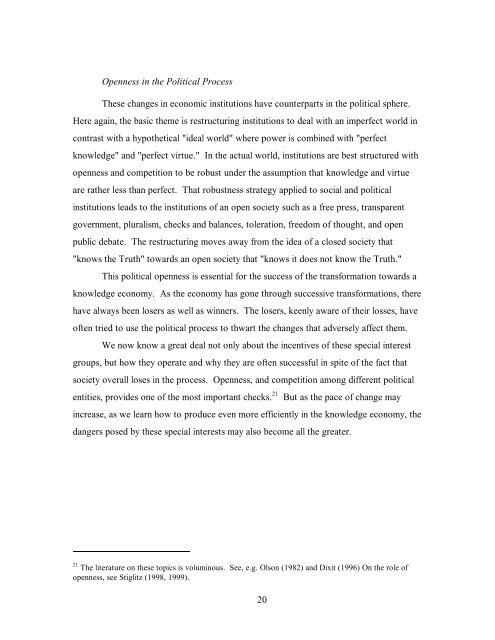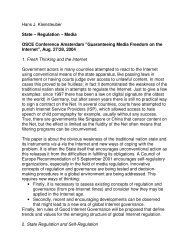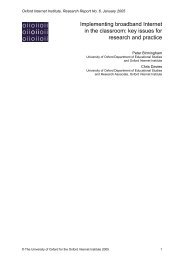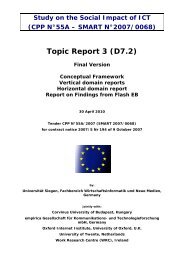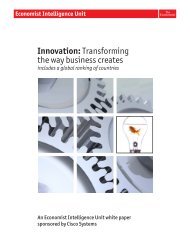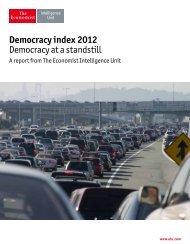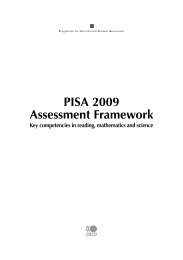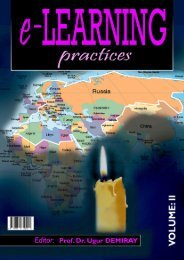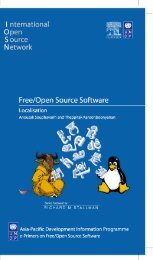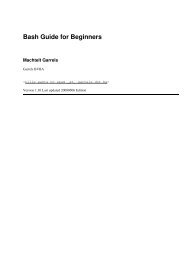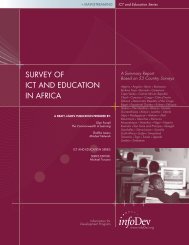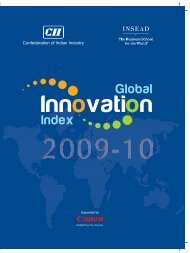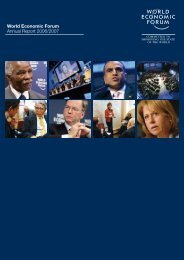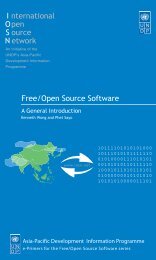1 PUBLIC POLICY FOR A KNOWLEDGE ECONOMY Joseph E ...
1 PUBLIC POLICY FOR A KNOWLEDGE ECONOMY Joseph E ...
1 PUBLIC POLICY FOR A KNOWLEDGE ECONOMY Joseph E ...
Create successful ePaper yourself
Turn your PDF publications into a flip-book with our unique Google optimized e-Paper software.
Openness in the Political Process<br />
These changes in economic institutions have counterparts in the political sphere.<br />
Here again, the basic theme is restructuring institutions to deal with an imperfect world in<br />
contrast with a hypothetical "ideal world" where power is combined with "perfect<br />
knowledge" and "perfect virtue." In the actual world, institutions are best structured with<br />
openness and competition to be robust under the assumption that knowledge and virtue<br />
are rather less than perfect. That robustness strategy applied to social and political<br />
institutions leads to the institutions of an open society such as a free press, transparent<br />
government, pluralism, checks and balances, toleration, freedom of thought, and open<br />
public debate. The restructuring moves away from the idea of a closed society that<br />
"knows the Truth" towards an open society that "knows it does not know the Truth."<br />
This political openness is essential for the success of the transformation towards a<br />
knowledge economy. As the economy has gone through successive transformations, there<br />
have always been losers as well as winners. The losers, keenly aware of their losses, have<br />
often tried to use the political process to thwart the changes that adversely affect them.<br />
We now know a great deal not only about the incentives of these special interest<br />
groups, but how they operate and why they are often successful in spite of the fact that<br />
society overall loses in the process. Openness, and competition among different political<br />
entities, provides one of the most important checks. 21 But as the pace of change may<br />
increase, as we learn how to produce even more efficiently in the knowledge economy, the<br />
dangers posed by these special interests may also become all the greater.<br />
21 The literature on these topics is voluminous. See, e.g. Olson (1982) and Dixit (1996) On the role of<br />
openness, see Stiglitz (1998, 1999).<br />
20


